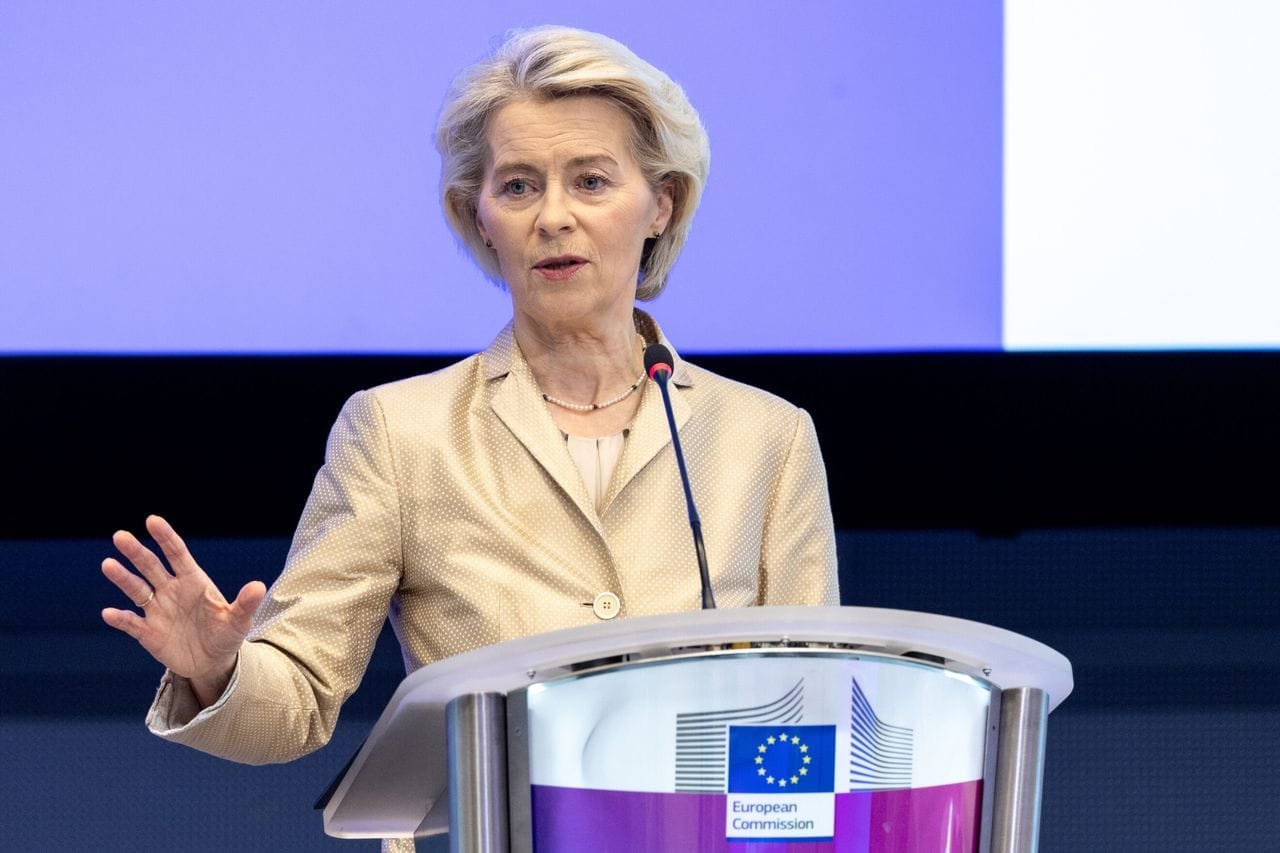European Commission President Ursula von der Leyen has said that Montenegro is “on good track” to become the European Union’s 28th member by 2028, pointing to recent progress in its accession process and urging the country to maintain momentum.
Speaking in Tivat during a joint press conference with Montenegrin Prime Minister Milojko Spajić, von der Leyen praised the country’s “amazing speed,” noting that Montenegro has closed four negotiating chapters since her last visit and expects to complete five more before the end of the year. She emphasized that closing all remaining chapters in 2026 is central to meeting the 2028 membership goal.
Von der Leyen also highlighted Montenegro’s alignment with EU foreign and security policy, citing its participation in the EU training mission in Ukraine as an example. She further noted that Montenegro has made strides in integrating economically, as evidenced by its adoption of the Single Euro Payments Area (SEPA) and the planned abolition of roaming charges between the EU and Montenegro next year.
In support of its aspirations, Montenegro is expected to receive over €380 million in funding under the EU’s Growth Plan for the Western Balkans if it continues its push on reforms. An immediate disbursement of €8 million was announced during von der Leyen’s visit.
Montenegro has been a candidate for EU accession since 2010 and began negotiating membership in 2012. Among Western Balkan states, it is widely seen as one of the most advanced, having opened all accession chapters and making progress on many that remain.
Still, analysts warn that ahead lie significant challenges—including judicial reform, fighting corruption, improving institutional transparency, and ensuring media freedom—that must be addressed if Montenegro is to meet EU criteria by the deadline. Von der Leyen stressed that Montenegro must stay united across political spectra, focused on its goals and steadfast in reforms.
If Montenegro succeeds by 2028, it would not only fulfill a long-standing ambition of its government, but also mark a key milestone in EU enlargement policy in the Western Balkans—sending a signal of seriousness and possibility to other candidate countries in the region.





